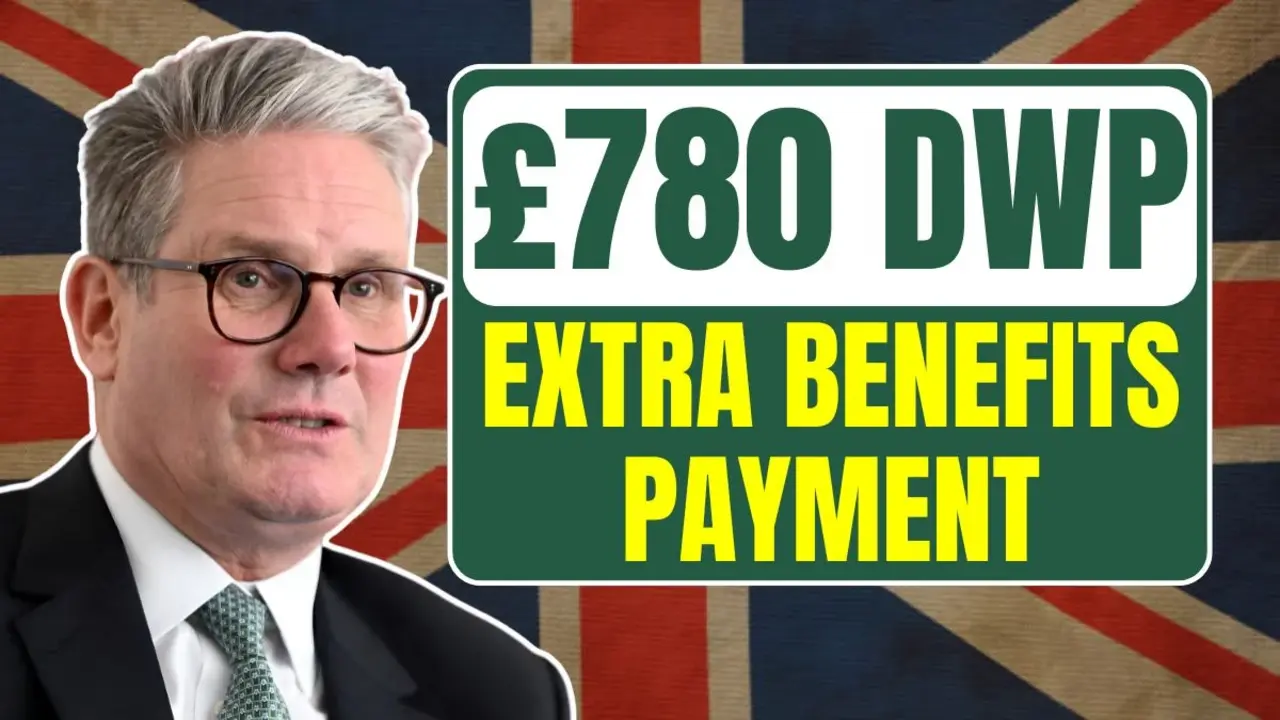£780 DWP Extra Benefits Payment for UK Citizens, Key Information on Eligibility and Payment Dates –
Good news for many UK citizens – the Department for Work and Pensions (DWP) is offering an extra payment of £780 to help with rising living costs. This payment could be a lifeline for thousands of households who are struggling to keep up with everyday expenses.
Let’s break down what this payment is all about, who is eligible, and when you can expect to receive it.
What Is the £780 DWP Extra Payment?
This £780 support package isn’t a single lump sum but rather spread across several smaller payments. It is part of the government’s broader plan to help low-income families cope with inflation and high energy bills.
The payment is usually split into three parts, and it is automatically sent to eligible claimants. You don’t need to apply separately – if you qualify, the money will be paid directly into your bank account.
Who Is Eligible?
To qualify for the payment, you must be receiving at least one of the following benefits:
-
Universal Credit
-
Income-based Jobseeker’s Allowance (JSA)
-
Income-related Employment and Support Allowance (ESA)
-
Income Support
-
Pension Credit
-
Tax Credits (Working Tax Credit or Child Tax Credit)
You must have been receiving one of these benefits during a specific qualifying period. The DWP uses this period to check eligibility before sending out payments.
Payment Dates You Should Know
The exact payment dates can vary, but typically, the DWP rolls them out in three instalments throughout the year. Based on previous payments, the expected timeline looks like this:
-
First instalment – Around Spring 2025
-
Second instalment – Expected by Summer 2025
-
Final instalment – Likely in Autumn 2025
The exact dates will be confirmed by the DWP on their website or official announcements. So, it’s always good to keep an eye on your account or check the GOV.UK portal regularly.
Final Thoughts
The £780 DWP extra benefit payment is a helpful boost during financially challenging times. If you’re receiving any of the qualifying benefits, chances are you’ll get it without needing to do anything extra.
Make sure your bank details and benefit claims are up to date, so you don’t miss out on what you’re entitled to.
Every bit helps — and this could be just what you need to stay on top of your finances.

